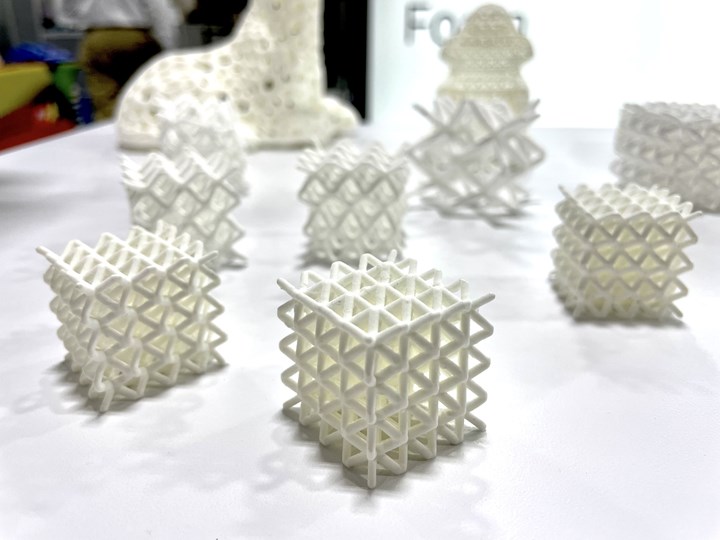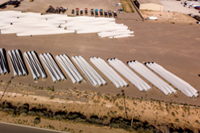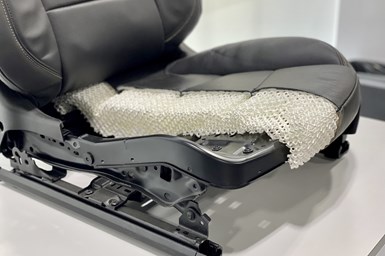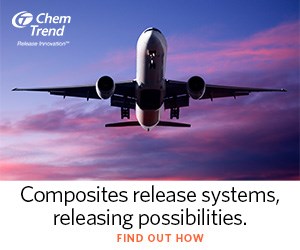Desktop Metal introduces FreeFoam photopolymer resins
New family of products are able to produce durable and dimensionally accurate closed-cell, complex-designed foam parts without tooling via digital light processing.
FreeFoam can be used to manufacture complex lattice designs up to fully dense foam. Photo Credit, all images: Desktop Metal
Desktop Metal (Burlington, Mass., U.S.) presents FreeFoam, a new family of photopolymer resins that produces durable and dimensionally accurate closed-cell foam parts without tooling — delivering additional benefits for the automotive, furnishing, footwear, sporting goods, health care and other industries. While not targeted directly toward composites manufacturing, applications are possible.
FreeFoam resins contain heat-activated foaming agents that are 3D printed with digital light processing (DLP). After printing, FreeFoam parts are briefly put into an oven where the foaming agent creates closed cells inside the material in a tightly controlled process. FreeFoam can be programmed to expand a specific amount between 2-7X its original printed size, the company says, enabling parts to be shipped in a compact form and expanding on-demand in an oven close to the final point of use or assembly, saving shipping and inventory expenses.
While 3D printers today can process photopolymers into lattice designs that simulate foams, FreeFoam is said to be a true foam containing closed cells that can be printed as a lattice or as a fully dense design.
According to Desktop Metal, FreeFoam 3D Printing Production offers a variety of additional benefits:
- 3D prints closed-cell foam products in any volume without tooling.
- Manufacture complex foam designs with ease, from lattice designs up to fully dense foam, without trimming or significant waste.
- Designs can be printed via a DLP resin 3D printer and then expand the design with accuracy during foaming in an oven at 160-170°C (320-340°F).
- Lightweight existing foam designs to improve product efficiency and reduce shipping costs.
- New material delivers a high strength-to-weight ratio.
- Iterate designs as desired, without the penalty of changing tooling.
FreeFoam is part of the recently launched DuraChain category of one-part, one-pot photopolymers that are said to deliver high elastic and tough material properties through a Photo Polymerization-Induced Phase Separation (Photo PIPS) process. When illuminated during DLP printing, these materials phase separate at the nano level into a material that cures into a resilient, high-performance polymer network. DuraChain enables FreeFoam parts to be foamed with control in an oven without a mold, Desktop Metal says.
FreeFoam will initially be 3D printable exclusively on the ETEC Xtreme 8K top-down DLP system from Desktop Metal’s polymer 3D printing brand.
Related Content
-
Large-format 3D printing enables toolless, rapid production for AUVs
Dive Technologies started by 3D printing prototypes of its composite autonomous underwater vehicles, but AM became the solution for customizable, toolless production.
-
Carbon fiber in pressure vessels for hydrogen
The emerging H2 economy drives tank development for aircraft, ships and gas transport.
-
Plant tour: Joby Aviation, Marina, Calif., U.S.
As the advanced air mobility market begins to take shape, market leader Joby Aviation works to industrialize composites manufacturing for its first-generation, composites-intensive, all-electric air taxi.















.jpg;maxWidth=300;quality=90)


